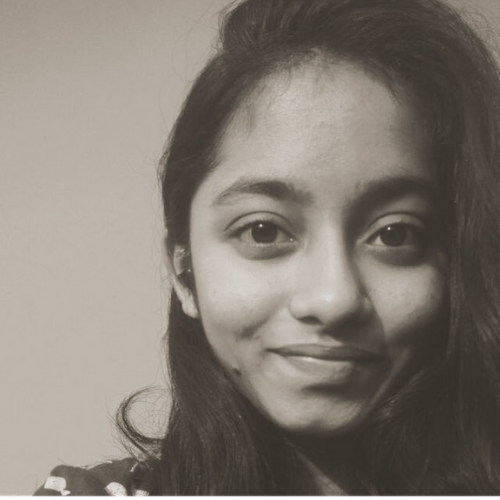Feminist movements in the world started over a hundred years ago. Society has taken great strides towards the equality of men and women. Governments across the globe have established laws and regulations to ensure fair and equal treatment of women but that isn’t enough yet for communities that have been built on hundreds of years of patriarchy and misogyny.Men today are also trying to be of help, like Arunachalam Muruganantham, also known as pad-man, who created a machine to produce sanitary napkins at a low cost to help spread awareness about menstrual hygiene in rural India. Many young men today are also trying to educate themselves on sexism and more men today are feminist unlike their predecessors. Today, because of the great things all of these people did, more and more people are taking up the mantle and fighting for a better world for women.
Men have always been considered to be stronger than, smarter than and superior to women, and despite years of revolting and fighting, these ideologies are still prevalent. Men have been deemed heads of families, protectors and heirs while women were made homemakers and caretakers. This entitled men to power over the women in a household, which enabled crimes like rape, domestic abuse and oppression. However, women are now able to speak up about such atrocities.
In the past, women in India were forced to practice sati, a custom where a widow is burnt alive on the funeral pyre in honour of her husband and because widows were considered irrelevant and a burden on the society. Raja Rammohan Roy spearheaded the social reform movement against it in the early 1800s. Consequently, a law was passed by Governor-General Lord William Bentnick making sati illegal all over India. With that, he also helped suppress other practices such as child marriage and female infanticide.
In 2006, Sampat Pal Devi, a government health worker, started Gulabi Gang (pink gang) in Uttar Pradesh, a North Indian state, to fight domestic abuse. It is an initiative in which women, dressed in pink (signifying womanhood) with bamboo sticks, attack domestic abusers directly. It is a direct response to the patriarchy that exists around us. The Gulabi Gang also focuses on educating young women to be financially strong and independent. Such groups are the ones which are helping fight misogyny and patriarchy in rural places where ideas like feminism are ridiculed.
Most women in India are not educated and are often married as soon as possible. Families aim to save up for their daughters’ weddings rather than their education and despite dowry having been made illegal in the country, families that don’t pay it are rare. Often, when a bride doesn’t pay a good amount of dowry, she is mistreated. In urban centers, women are given much more liberty in comparison to their rural counterparts. Women have more control over their careers and choice of partners.

